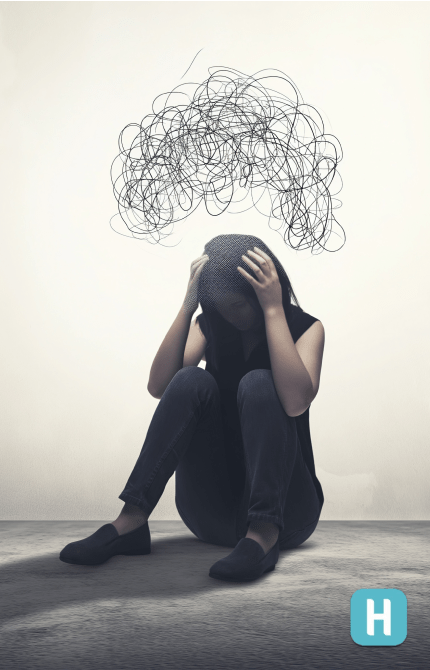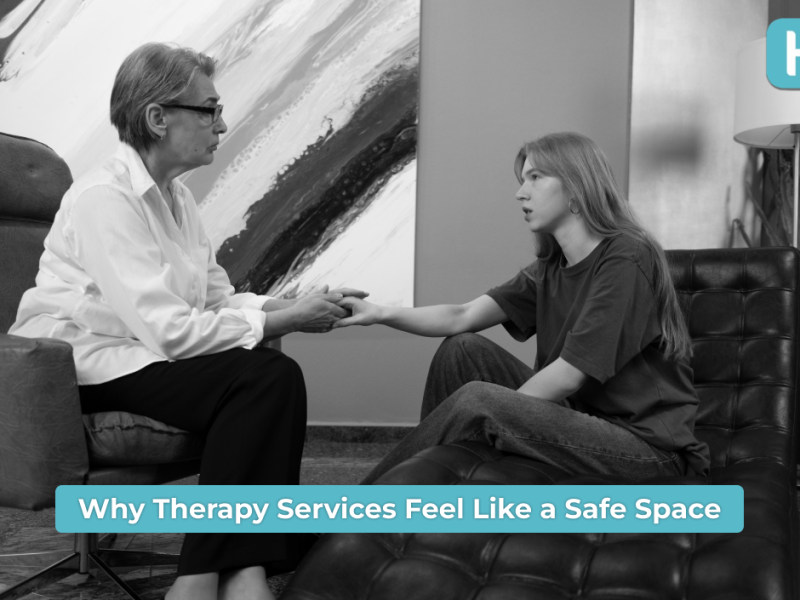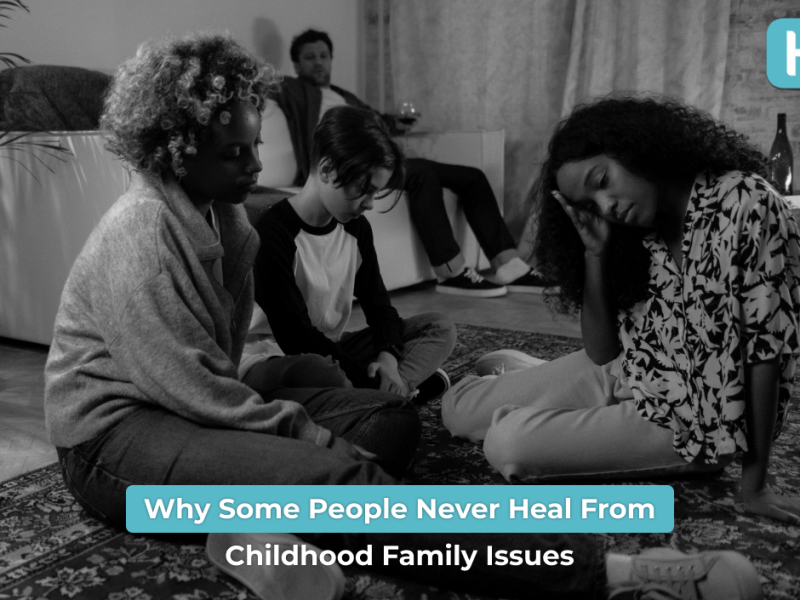Let’s be real, life isn’t always easy and shining.
Sometimes, it’s disturbing.
Sometimes, it’s messy.
And sometimes, it brings happiness.
A mental health mess doesn’t always look like someone cried for help.
Sometimes, it’s a person who shows up to work every day with a smile… while silently falling apart inside.
If that sounds like you, or someone you love, this isn’t just an article.
Life is full of mess, happiness, and disturbing things.
Here we talk about
Here we discuss the stories that nobody wants to tell anyone, and also discuss the mental health crisis that a person faces in their life.
What Does a Mental Health Crisis Really Feel Like?
Here’s the truth:
A mental health crisis doesn’t follow rules.
It doesn’t wait for the “right time.”
And it doesn’t always come with warning signs.
It can feel like:
- You’re drowning… but no one sees you gasping.
- You’re screaming inside… but outside, you’re silent.
- You want help… but you don’t know how to ask.
Mostly, people show up with panic attacks that hit out of nowhere.
And for many, it’s just numbness, feeling nothing at all.
What’s scarier?
Sometimes you are sitting in a gathering and still feel completely alone.

Post-Pandemic Mental Health Crisis: The Storm We Didn’t See Coming
COVID changed the world. But what did it do to our minds?
That’s the part no one wants to talk about.
The post-pandemic mental health crisis is real, and rising fast.
- Anxiety and depression shot up by over 25% globally.
- Kids and teens started showing signs of burnout before they even hit adulthood.
- Millions of people lost loved ones… and never got a chance to say goodbye.
We isolated. We grieved. We feared.
Sometimes we are living with these emotional words that we haven’t forgotten.
The truth is, we survived a global trauma, but not everyone came out whole.
True Stories from the Edge of Darkness
Sometimes, the best way to understand pain is to hear it from someone who’s lived it.
Sana’s Story: “I Was Everyone’s Sunshine… Until I Broke”
“I was the strong one. The funny friend. The ‘positive vibes only’ girl.
But every night, I cried alone in my room. I didn’t want to die, but I didn’t want to wake up either.
One day, I found myself sitting on the bathroom floor, shaking, thinking: ‘I can’t do this anymore.’
That’s when I knew… I was in a mental health crisis. And I needed help.”
Today, Sana is in therapy, healing slowly. She now shares her mental health crisis story with others because no one should suffer in silence.
Ali’s Story: “A Firecracker Took Me Back to the Battlefield”
“I served in the army. I thought the worst was behind me.
Then one New Year’s Eve, a firecracker went off near my house. I hit the floor, shaking, sweating, reliving a war I thought I’d left behind.
I didn’t need ‘calm down’ or ‘man up.’
I needed trauma-informed crisis support, someone who understood what PTSD feels like.”
Ali now helps other veterans recognize signs of trauma and get the right kind of help.
These mental health crisis stories remind us: strength isn’t pretending you’re okay. Strength is saying, “I’m not okay… and that’s okay.”
So… How Do You Help Someone in a Mental Health Crisis?
You don’t need a psychology degree.
You don’t need all the answers.
You just need to be human.
Here’s how to help someone in a mental health crisis, for real.
1. Don’t Just Ask “Are You Okay?”, Ask Twice
Sometimes, “I’m fine” is a mask.
Try:
- “I know you said you’re okay, but I’m asking because I really care. Can we talk?”
2. Listen Without Trying to Fix
Don’t throw advice at them. Just listen. Really listen.
Instead of “Just stay positive,” try:
- “That sounds really hard. I’m so sorry you’re feeling this way. I’m here.”
3. Sit With Them in the Dark
If someone’s having a breakdown, crying, or panicking, don’t panic with them. Just be there. Offer your presence, not just your words.
4. Connect Them With the Right Help
Help them find:
- A therapist
- A crisis hotline
- A safe friend or support group
They don’t need to walk through the fire alone, be their handrail until they can stand on their own.
That’s how you answer:
“How to help someone in a mental health crisis?”
You show up.

Trauma-Informed Crisis Support: What It Really Means
Not all help is helpful.
Telling a trauma survivor to “get over it” or “move on” doesn’t help. It harms.
Trauma-informed crisis support is about understanding why people react the way they do and creating safety, not shame.
It means saying:
- “I see your pain. I don’t need to understand it fully to honor it.”
Shockingly, many mental health workers still miss this.
And that’s why some people give up on therapy after just one bad experience.
If you or someone you love has trauma, make sure the support they get is trauma-informed, not just trauma-aware.
Signs of a Silent Mental Health Crisis
You might think you’d know if someone was in trouble. But you’d be surprised.
Look for these easy-to-miss signs:
- Sudden withdrawal from friends or family
- “I’m just tired”, all the time
- Jokes about death or “not being here anymore”
- Giving away personal belongings
- Saying things like, “I just feel off”
These aren’t quirks. These are quiet screams.
If your gut says something’s wrong, listen to it. Reach out.
Why So Many People Stay Silent During a Crisis?
This part is heartbreaking.
More than 60% of people going through a mental health crisis never tell anyone.
Why?
- “I don’t want to be a burden.”
- “What if they think I’m crazy?”
- “I don’t even know what’s wrong with me.”
- “No one will understand anyway.”
The stigma is real. But we can fight it, one honest conversation at a time.
Let’s make it normal to say, “I’m struggling.”
Let’s respond with love instead of judgment.
What Real Mental Health Crisis Support Looks Like?
Here’s the good news: Support is out there.
The best kind of mental health crisis support doesn’t just check a box. It holds your hand.
Real support looks like:
- A friend who texts, “You don’t have to talk. I’m just here.”
- A therapist who gets your trauma, not just your symptoms
- A safe space, whether it’s a person, a hotline, or even an online community
- A family member who learns about your condition instead of brushing it off
- A stranger on a forum who says, “Me too. You’re not alone.”
Support isn’t a miracle cure. But it’s a start.
A Message to You, Yes, YOU
If you’re living through a mental health crisis right now…
Pause.
Take a breath.
You don’t need to be perfect. You don’t need to be “fixed.”
You just need to hold on, even if it’s by a thread.
Help is out there.
Better days are out there.
You are still here, and that’s everything.
And if you’re someone watching a loved one spiral… don’t give up. Your kindness might be the one thing keeping them here.
Crisis You Can’t See
Not all battles leave bruises.
Not all cries are loud.
And not all heroes wear capes, some just sit next to someone and say,
- “I won’t let you go through this alone.”
A mental health crisis doesn’t mean someone is weak.
It means they’ve been strong for too long.
So let’s be the generation that makes mental health okay to talk about.
Let’s be the friends who ask twice.
Let’s be the humans who stay, even when it’s hard.
FAQs
- Do you know about mental health crisis?
It’s a moment when mental health becomes emotional and painful for someone, often making it hard to function or stay safe.
- What are some signs of crisis?
These crises show in these situations when sudden, extreme sadness, talking about death, and changes in sleep, eating, or behavior occur.
- How to know about trauma-informed crisis support?
It’s support that recognizes past trauma and avoids triggering the person. It creates safety and trust instead of pressure.
- How can I help someone in crisis?
Be there. Listen. Validate. Connect them with professional help. Don’t leave them alone.
- Can someone look “fine” and still be in crisis?
Absolutely. Many people hide their pain behind smiles. That’s why we must check in, and mean it.


